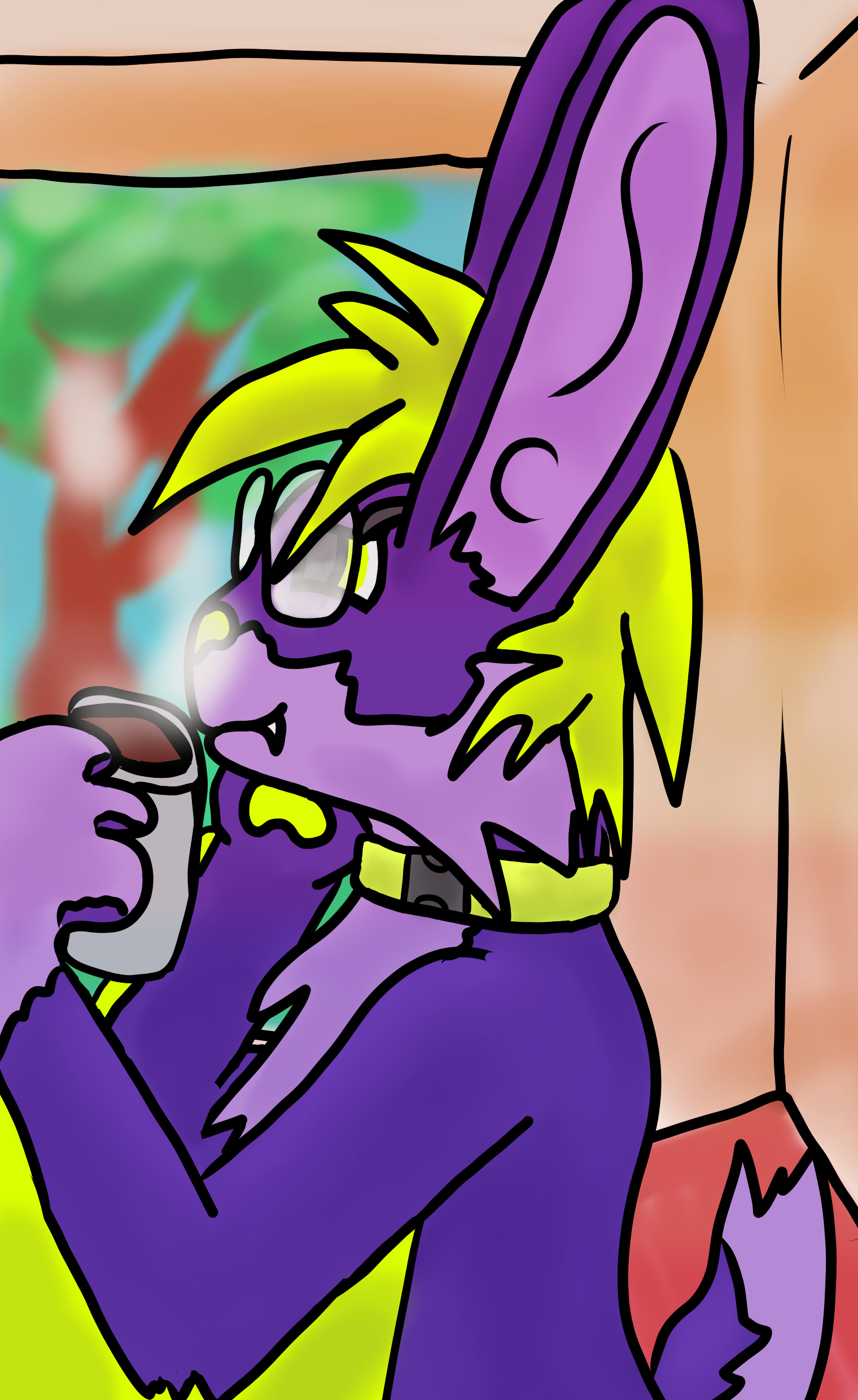Unpopular popular opinion: the money we use nowadays is made up of IOUs (I owe you). The money is created by central banks. Central banks don’t get money from anything; instead, they create money. The money then goes to investors, government and corporatios, and that’s why the rich become richer, and I, as a poor person, become poorer.
Yes, Currency is constructed. Just like laws, sovereignty, borders, human rights, customs, norms, culture, institutions, and government.
Currency isn’t the opposite of bartering, it’s advanced bartering.
Bro just discovered symbols.
Reject currency, embrace bartering
We already use a barter system. We exchange our goods and services for other goods and services. Money is just a medium for when a direct exchange isn’t practical or possible.
Yeah, my response to this argument is always the same: I work in IT, how do I barter for potatoes? If you’re a potato farmer, how many potatoes is a hip transplant worth? Maybe assigning worth to things with an abstract unit isn’t such a terrible idea after all…
Also how do I save up perishables like potatoes for a big purchase? Do I have to set up a potato payment plan? What happens when I need IT services, but my profession is teacher and the IT guy doesn’t need my services, do I have to source something he needs from someone who needs my services to get his services? What if I can’t do my job without his services? Shit gets way more complicated without a uniform non-perishable national currency, fiat or otherwise.
Reject bartering, embrace gift economy
Gift me 1 million dollars
I’ll embrace bartering if you give me 400 carrots and 2000 potatoes.
I have around ~100kg of potatoes in the basement… im not sure how many single units that is
Carrots will probably be harder, our garden doesn’t grow that many :3
Ok I’ll take the potatoes for now and accept and IOU for the carr…wait a minute
My dude jumping right ahead to futures.
Well, if Trump manages to tank the dollar as a reserve currency and we experience hyperinflation (fairly likely at this point), you’ll have every opportunity to go back to a barter system because those IOUs will be effectively worthless.
Start growing a community garden today.
This is called the “Cantillon Effect”.
Exchange has always been done with IOUs. Even when bartering was the meta they still exchanged promissory notes for larger scale transactions where they didn’t have the goods on hand.
this is not an opinion but a fact lmao
The unpopular opinion is what follows directly after this, a desire for a currency not controlled by these groups. Which exists, and is hated
Bitcoin?
Bitcoin
Most money is not really created by central banks. It’s created by private banks when they make loans. They literally add a number to their assets, and to the borrowers liabilities - and the borrower can now go spend that new money.
Central banks are supposed to try to regulate bank lending to try to stop the pyramid spiining out of control.
Governments also take out loans though (by selling bills, gilts, bonds) - so they are also involved in money creation process, that money typically goes to pay public services and public servants.
But the majority of money creation is typically private loans - and much of that goes ino property price bubbles , which does indeed benefit the rich.
What do you think about all this crypto stuff Kalvin? bc after reading this that’s directly where my mind went
Great cars.
Not to mention that currency from a specific country is valuable if others are interested in investing there or in their products
As less and less governments and banks want to invest in the US, they lose interest in selling products in dollars, since the US doesn’t produce much anymore, just services
So they create currency in absolute value, but in terms of real buying power they are dependent on the opinions of the rest of the world
“You know what they say about fiat currencies don’t you? Fix It Again, Tony!”
Dont anybody tell OP about fractional reserve lending.










